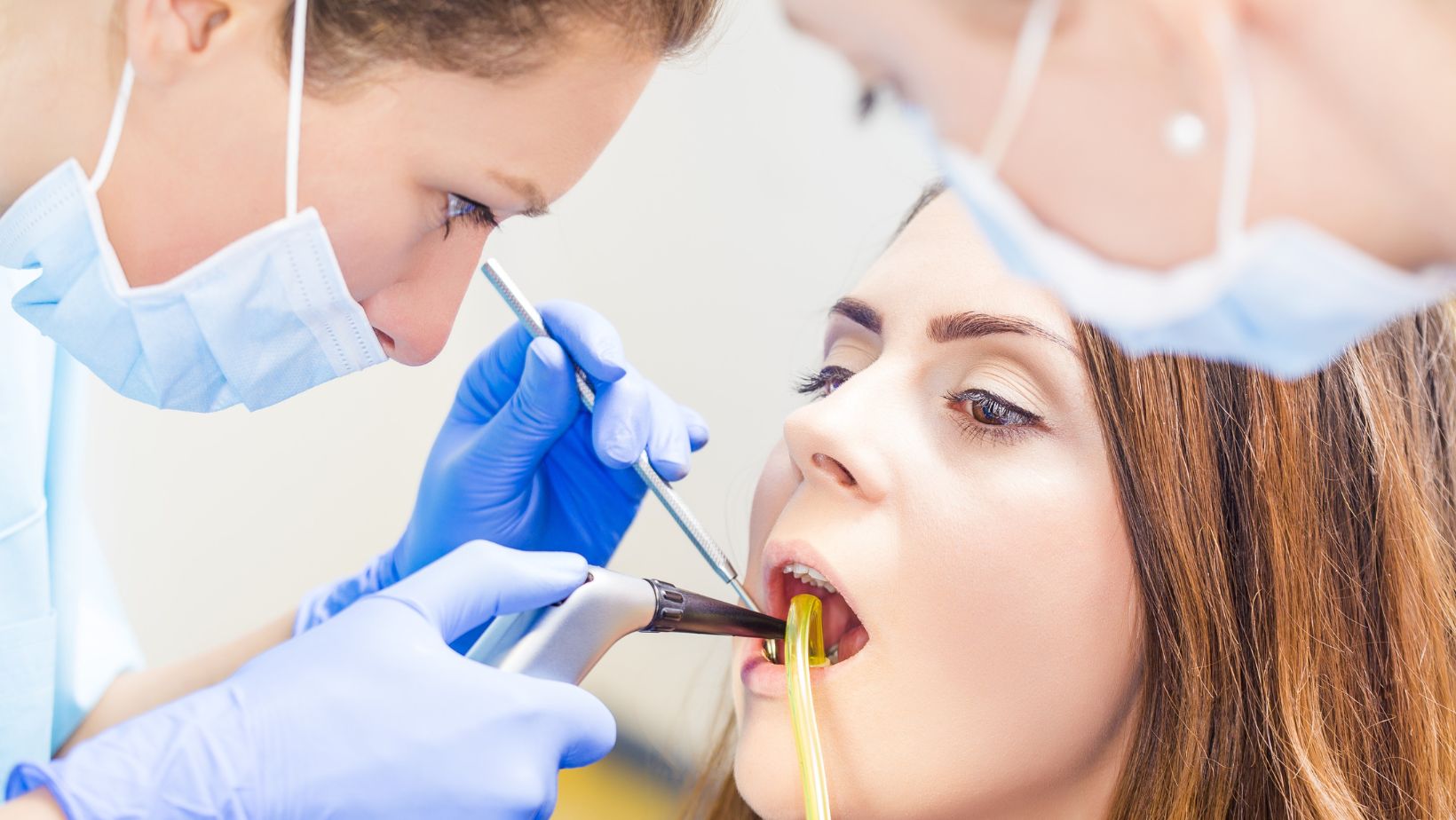
When it comes to dental procedures, there are many important steps involved in ensuring a successful outcome. One crucial step is taking final impressions, which play a significant role in creating accurate and well-fitting dental restorations. However, have you ever wondered who is legally allowed to perform this task? In this article, I’ll delve into the specific individuals who are qualified to take final impressions, providing you with the knowledge you need to understand the legalities surrounding this important aspect of dental care.
Taking final impressions requires precision and expertise, as it directly impacts the fit and functionality of dental restorations. Understanding who is legally authorized to perform this task is essential for both dental professionals and patients alike. In this article, I’ll explore the guidelines and regulations that determine who can take final impressions, shedding light on the roles of different dental professionals and the qualifications they must possess. So, if you’re curious about the legal aspects of who can take final impressions, keep reading to discover the key information you need to know.
The Importance of Final Impressions in Dental Procedures
When it comes to dental procedures, taking final impressions is a crucial step that cannot be overlooked. These impressions serve as the foundation for creating restorations such as crowns, veneers, and dental implants. As a dental professional, I understand the importance of accurate and precise final impressions in delivering optimal outcomes for our patients.
Here are a few reasons why final impressions play a vital role in dental procedures:
- Fit and Comfort: A well-fitting dental restoration is essential for both the functionality and comfort of the patient. Final impressions help capture the exact measurements and contours of the teeth and surrounding tissues, ensuring a perfect fit that feels natural and comfortable.
- Aesthetics: Achieving a beautiful smile is often a primary goal for many patients. With final impressions, dental professionals can capture the shape, color, and texture of the existing teeth, allowing for the creation of restorations that blend seamlessly with the natural dentition.
- Longevity: The durability and longevity of dental restorations depend on the accuracy of the final impressions. By taking precise impressions, we can ensure a proper fit and reduce the risk of complications such as fractures, recurrent decay, or early failure.
- Treatment Planning: Final impressions provide valuable information for treatment planning. They help in determining the appropriate materials, techniques, and tools needed to achieve the desired outcome. Additionally, they aid in communication between dental professionals, enabling collaboration and coordination of multi-disciplinary treatments.
- Patient Satisfaction: A successful dental procedure greatly contributes to patient satisfaction. By taking meticulous final impressions, we can maximize the chances of meeting or surpassing our patient’s expectations, leading to happier and more satisfied individuals.
It is crucial for dental professionals to stay updated with the legal guidelines regarding who can take final impressions. Understanding the qualifications and certifications required is essential to ensure compliance with the laws and regulations governing dental practice.

Legally Who Can Take Final Impressions
When it comes to taking final impressions in dental procedures, it is crucial to have the appropriate qualifications and legal authorization. As a dental professional, I understand the importance of complying with the regulations to ensure the highest standard of care for my patients. So, who exactly is legally qualified to take final impressions? Let’s dive into it.
- Dentists:
- Dentists are the primary dental care providers and have the authority to take final impressions.
- They have the necessary training and expertise to ensure accurate and precise impressions for optimal treatment outcomes.
- Dental Hygienists:
- Dental hygienists are also authorized to take final impressions in some states, depending on their scope of practice and additional training.
- They play a crucial role in oral health care and may be qualified to assist dentists in taking final impressions for specific procedures.
- Dental Assistants:
- Dental assistants may be allowed to take final impressions under direct supervision and guidance from a licensed dentist.
- Their ability to take impressions may vary depending on state regulations and their level of training or certification.
It is important to note that the specific qualifications and permissions for dental professionals to take final impressions may vary by state. It’s crucial for dental professionals to stay informed about the current regulations and guidelines in their respective jurisdictions to ensure compliance.
To enhance their knowledge and skills in taking final impressions, dental professionals can engage in continuing education courses and training programs. These courses offer valuable insights into the latest techniques, materials, and best practices for achieving accurate and precise impressions.
By understanding the legal considerations and qualifications required for taking final impressions, dental professionals can ensure that they provide quality care while following the prescribed guidelines. Legal compliance not only helps maintain the integrity of the dental profession but also promotes trust and confidence among patients.






